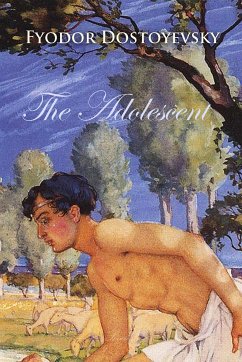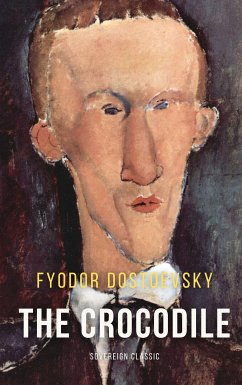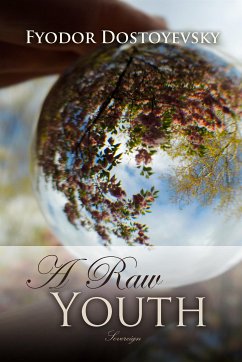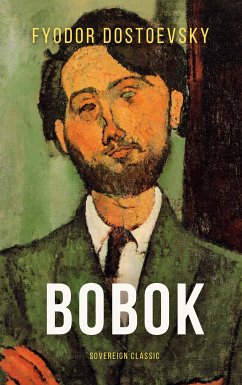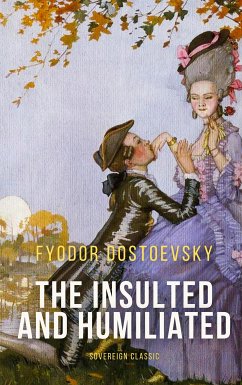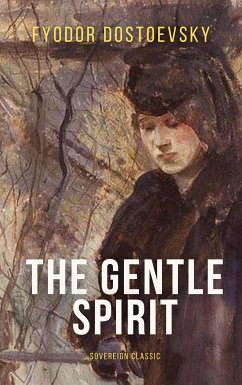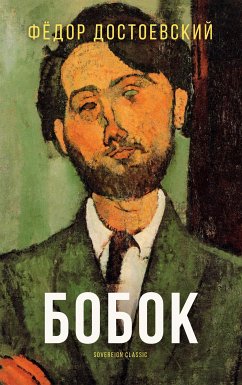Arkady returns to St Petersburg to join his family, which he barely knows because he was shipped off to boarding school throughout his childhood. In the brief time during which the action takes place, he becomes embroiled in the intrigues surrounding his family and its close acquaintances, culminating in a blackmail scandal surrounding a young widow Katerina with whom both Arkady and his father Andrei are in love.
Dieser Download kann aus rechtlichen Gründen nur mit Rechnungsadresse in A, B, BG, CY, CZ, D, DK, EW, E, FIN, F, GR, HR, H, IRL, I, LT, L, LR, M, NL, PL, P, R, S, SLO, SK ausgeliefert werden.

